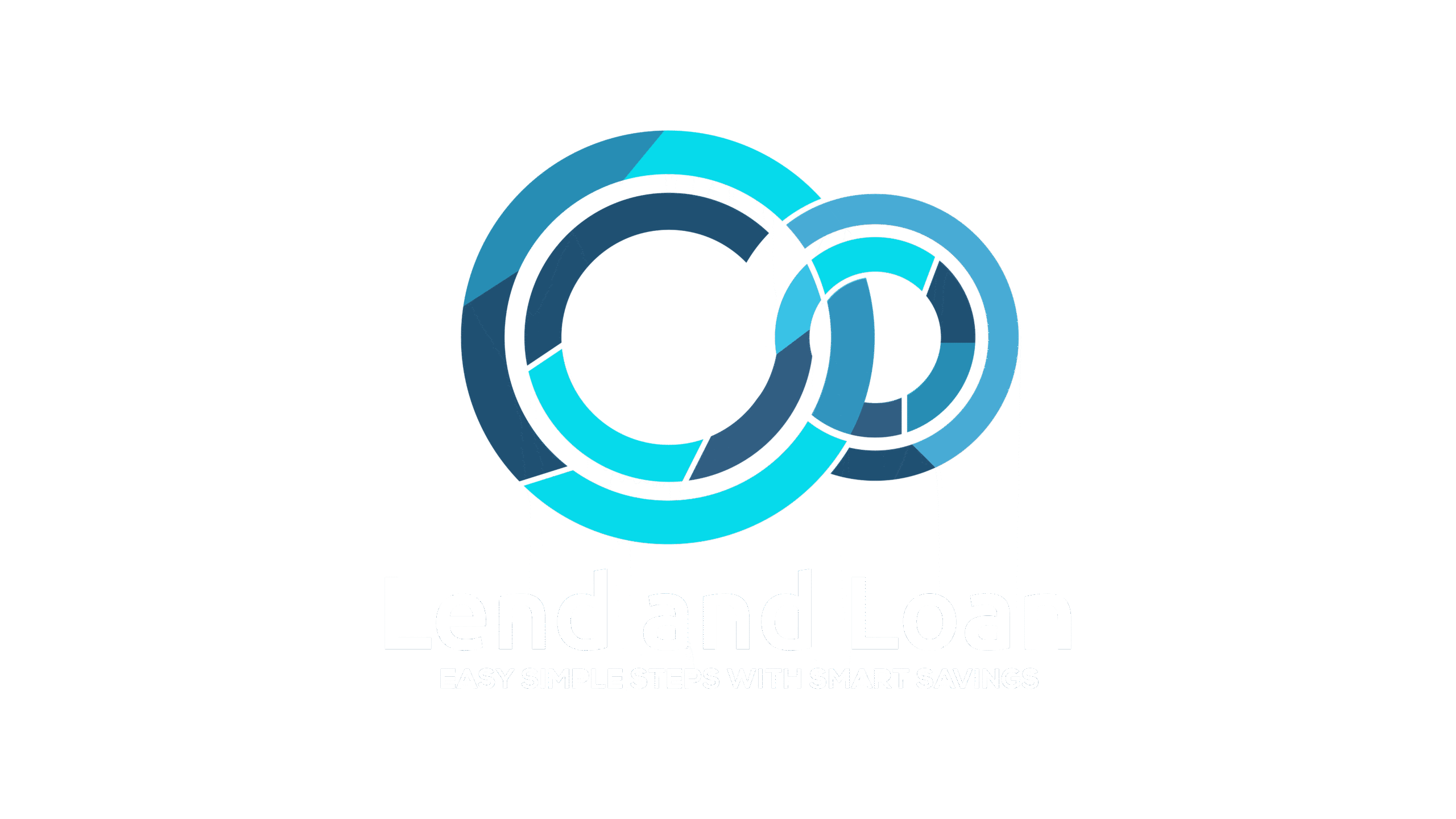Let me be honest: I once took out a personal loan thinking it would get me back on track financially. Instead, I dug myself into an even bigger hole. Looking back, I realize there are smarter ways to use a personal loan—ways I wish I had known before making my mistake.
At the time, I was juggling multiple debts—you know, the usual responsibilities: car payment, rent, phone bill, groceries. My paycheck only went so far, and by the end of every month, I was barely scraping by. I convinced myself a personal loan was the solution. I’d pay off some debt, get ahead, and, in a stroke of “genius,” I decided to start a ‘savings’ account with borrowed money. My plan was to create a revolving emergency fund so I’d never be caught short again.
Sounds smart, right? Except I was borrowing money at 12% interest to fund a savings account that earned at best 1%. I was literally paying to save. Within six months, that “emergency fund” had been nibbled away by what I thought were real emergencies, my debt was back where it started, and now I had a monthly loan payment on top of everything else.
That expensive mistake taught me a lot about the difference between borrowing strategically and borrowing out of desperation—and it’s why I now know exactly what smart ways to use a personal loan really look like.
Personal loans can be incredibly useful financial tools, but only when you use them for the right reasons, not as a band-aid for deeper money management issues. No judgment here. The key is understanding how to leverage a personal loan to improve your financial situation rather than worsen it. Here are five smart ways to use a personal loan that can actually strengthen your finances.
1. Consolidate High-Interest Debt to Free Up Cash Flow
If you’re juggling multiple credit card balances with interest rates hovering around 20% or higher, a personal loan can be a great choice. By consolidating these debts into a single loan with a lower interest rate, you can save hundreds or even thousands of dollars in interest charges alone!
Beyond the allure of saving money, debt consolidation simplifies your financial life. Instead of tracking multiple due dates and minimum payments, you’ll have just one monthly payment to manage. This reduces the risk of missed payments and late fees, while helping you pay off debt faster.
Here’s what I wish I’d understood when I took out my loan: if you’re paying $500 a month across various high-interest debts and you consolidate to a $300 monthly loan payment, that extra $200 can go straight into actual savings—not borrowed money you’re paying interest on, but real money you’re keeping. Just be sure to avoid the temptation of running up your credit cards again once they’re paid off.
2. Fix Problems That Are Costing You More Money
Sometimes you need to spend money to stop bleeding money. A reliable car to get to work when yours keeps breaking down. Fixing a tooth before it becomes an expensive root canal. Repairing an appliance that’s driving up your electric bill by 30%.
These investments can stop a financial leak. The key is making sure the problem you’re solving is actually costing you more than the loan. If your unreliable car has cost you three missed workdays this year and you’re at risk of losing your job, a loan for a dependable used vehicle makes sense. If you just want a newer model, it doesn’t.
Be ruthlessly honest here. Calculate what the problem is costing you, not what you think it might cost in some worst-case scenario you’re imagining.
3. Cover Major Life Transitions That Increase Your Income
Moving for a better job opportunity, covering costs associated with starting a higher-paying position, or bridging the gap during a career change can justify a loan, but only if the math clearly works out.
Let’s say you get a job offer that pays $15,000 more per year, but you need $5,000 to relocate. Even if the loan costs you $1,000 in interest over two years, you’re coming out $14,000 ahead annually. Now, that’s smart borrowing.
The same logic applies to professional certifications or training that directly leads to a promotion or raise. The key phrase is “directly leads to”—not “might help me eventually” or “could open doors someday.” You need a clear connection between the expense and the income increase, with real numbers attached.
4. Handle True Emergencies That Can’t Wait
Life throws curveballs. Lots and lots of curveballs, and sometimes you need cash fast for genuine emergencies. Unexpected medical procedures, urgent car repairs you need to get to work, legal fees to handle a situation before it spirals, or essential home repairs that prevent bigger damage down the road.
The hard part is being honest with yourself about what constitutes a true emergency. Here’s my test: Is this something that will cost me significantly more money, health, or opportunity if I wait? If yes, it’s probably an emergency. If it’s just something you really want right now, it’s not.
A vacation isn’t an emergency, even if you “really need a break.” The latest smartphone isn’t an emergency, even if yours is two years old. An emergency is something where the cost of not acting immediately is genuinely higher than the cost of borrowing.
Once you’ve weathered the emergency, prioritize rebuilding your emergency fund so you won’t need to borrow for the next unexpected expense.
5. Invest in Career Development With Proven ROI
This one is my favorite. Hey, it’s been tested by yours truly. Sometimes the best investment you can make is in yourself, but listen carefully–this only works when there’s a clear, proven path to higher earnings. A personal loan for career training, professional certifications, or education can pay significant dividends if you do it right.
Before borrowing, do your homework. Research average salary increases for people with the qualification you’re pursuing. Talk to people who already have that certification or completed that program. Calculate how long it will take to recoup your investment through higher earnings.
A coding bootcamp that costs $10,000 but typically leads to $60,000+ starting salaries? That’s a solid investment if you’re currently making $35,000. An online course in something you’re “interested in exploring”? That’s not worth borrowing for.
Make sure there’s a clear path from education to increased income, not just a vague hope that things will work out. And be realistic about whether you’ll actually complete the program and do the work to get that new job or promotion.
So, Is a Personal Loan Worth It?
It depends entirely on what you’re using it for. A personal loan is worth it when you use it to eliminate expensive debt, fix problems that are draining your wallet, advance your career with proven results, or handle genuine emergencies. Used wisely, a personal loan can be a stepping stone to better financial stability and peace of mind. The key is approaching borrowing strategically with a clear plan for how the loan will actually improve your financial position.
Before signing any loan agreement, make sure you understand the terms, can comfortably afford the monthly payments, and have a realistic plan for how the borrowed money will benefit you in the long term. Ask yourself: Will I be better off financially six months from now because of this loan? If the answer isn’t a clear yes, think twice.
When used responsibly for the right reasons, a personal loan doesn’t have to lead to penny-pinching or more stress–it can actually be a smart financial move that sets you up for future success.
Just don’t make the mistake I did of borrowing your way into more problems.




